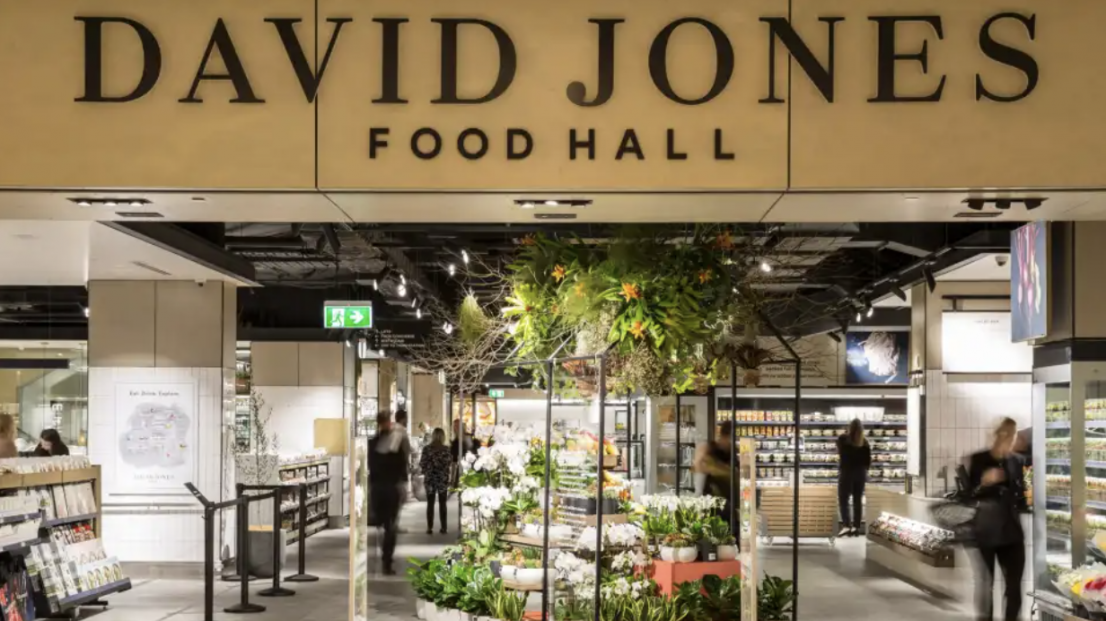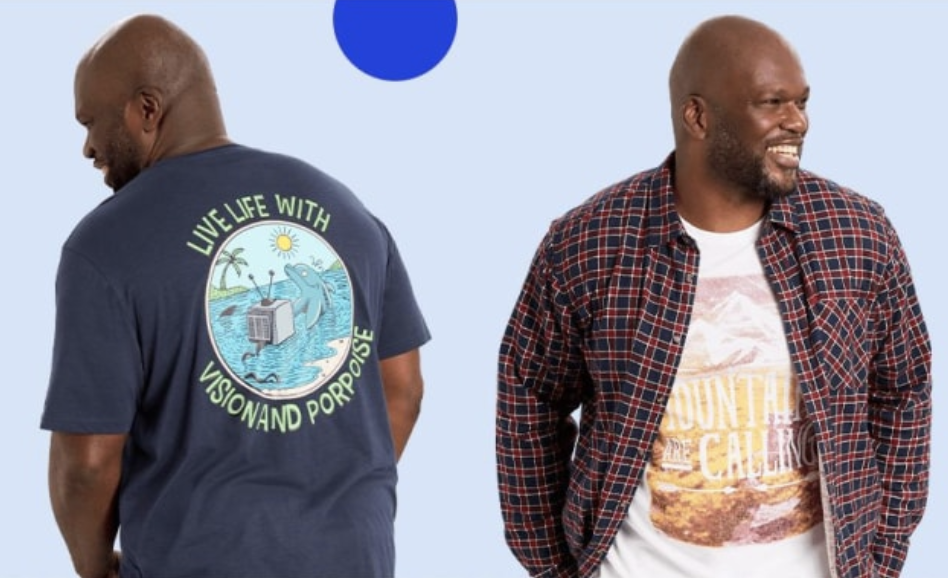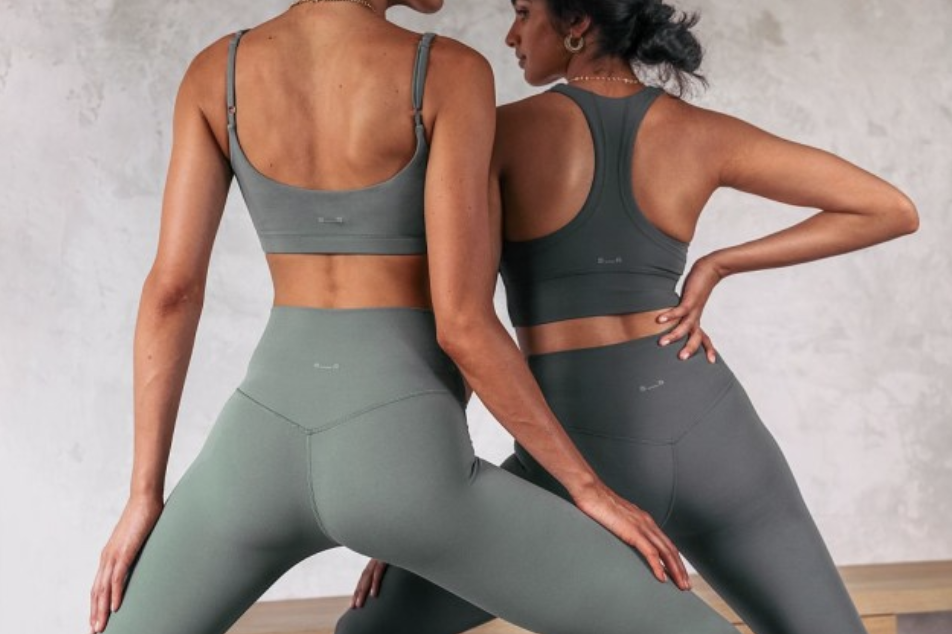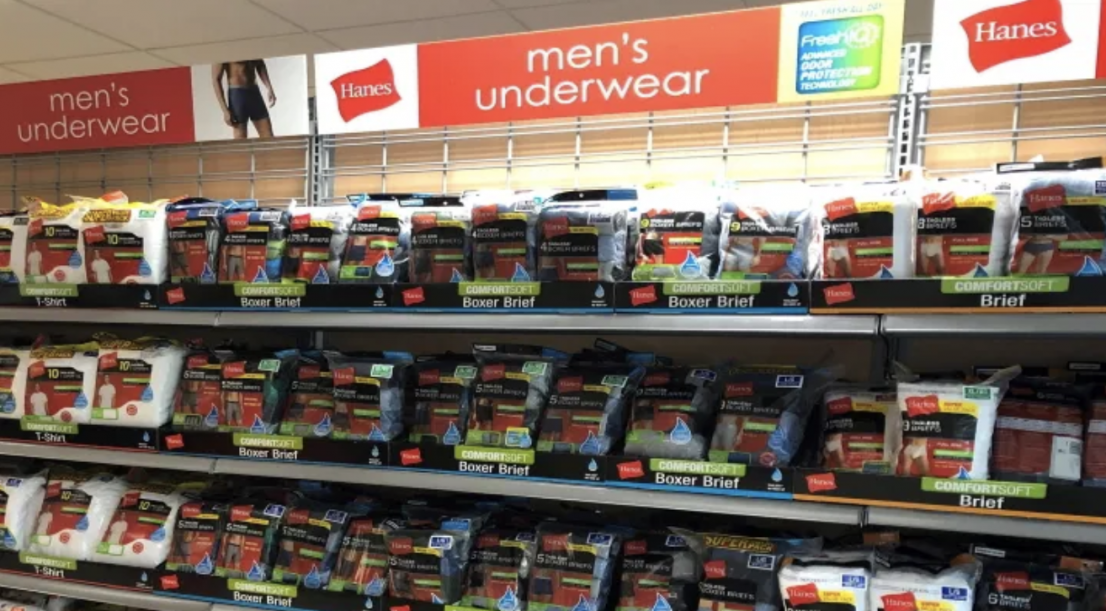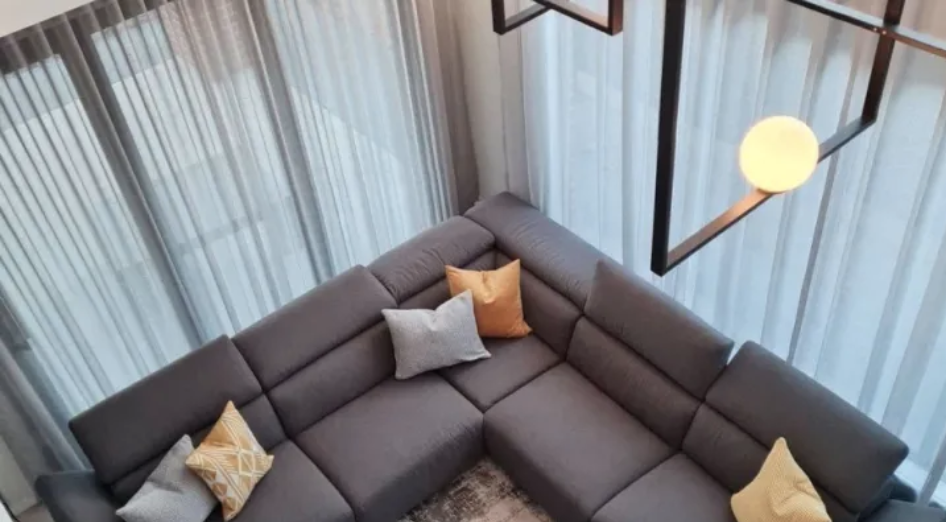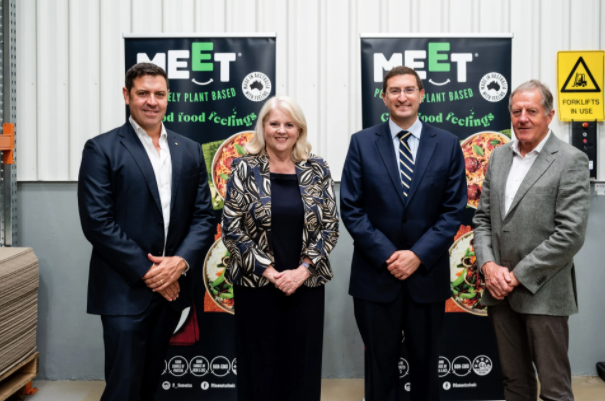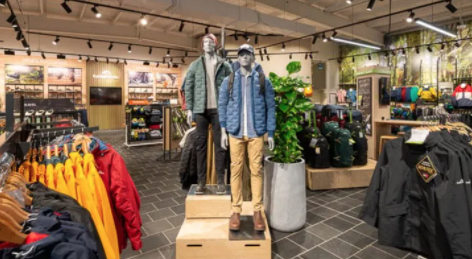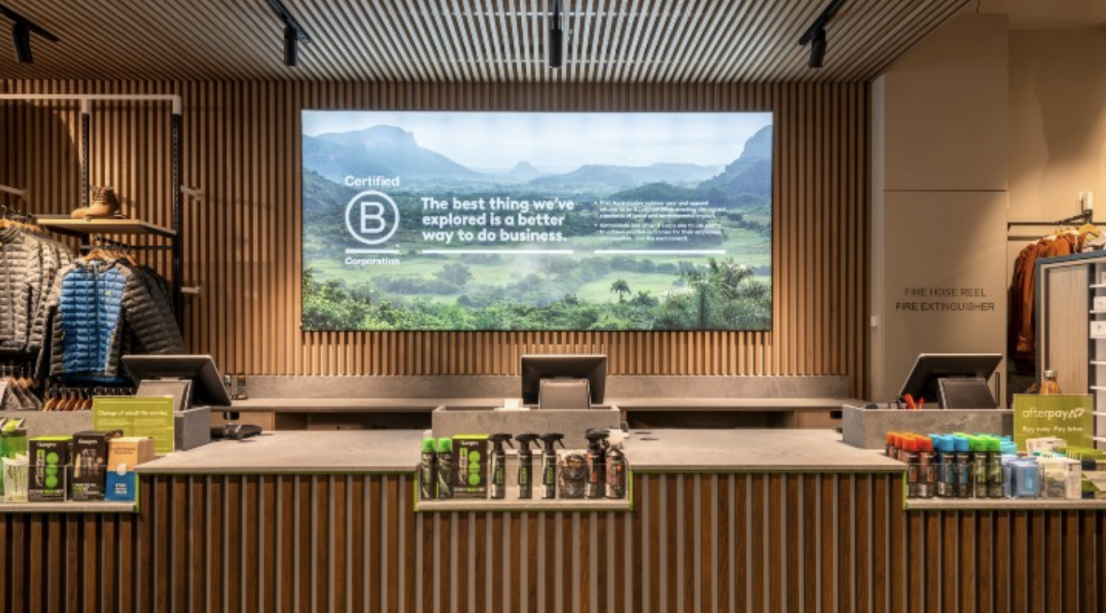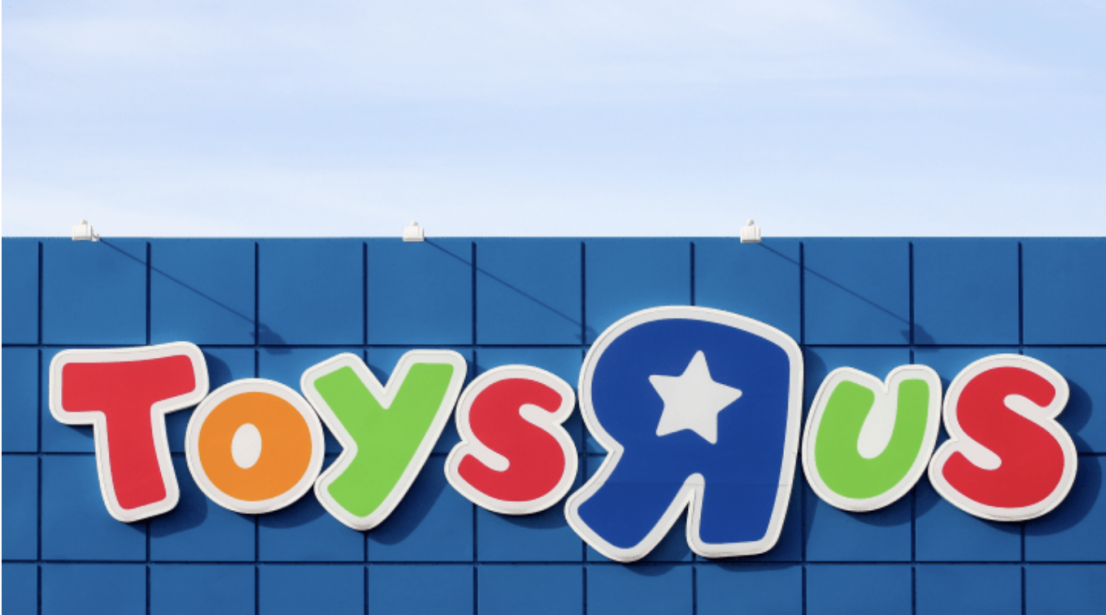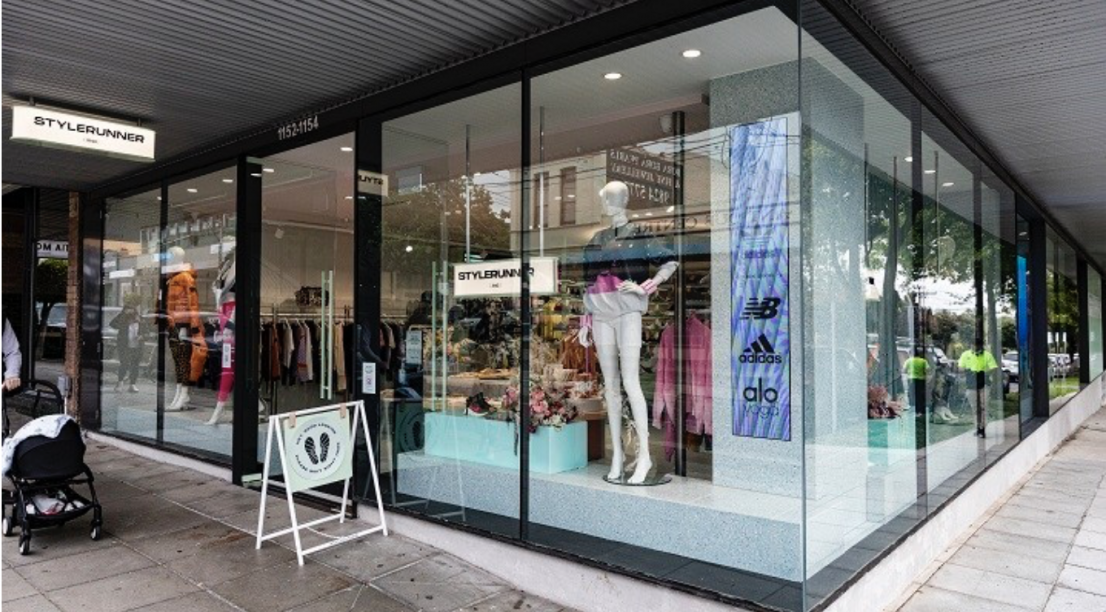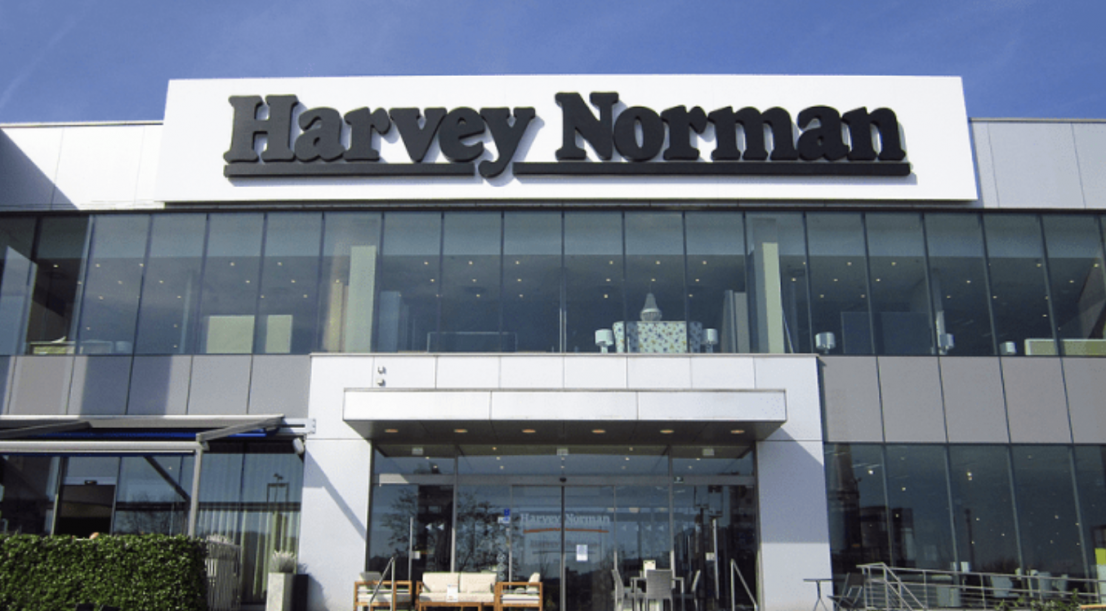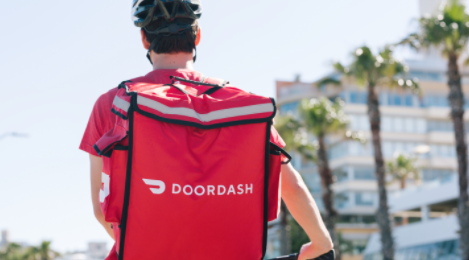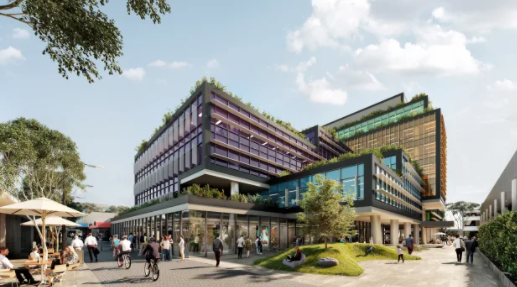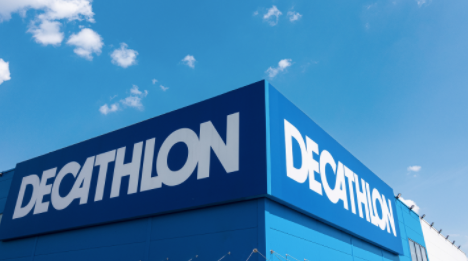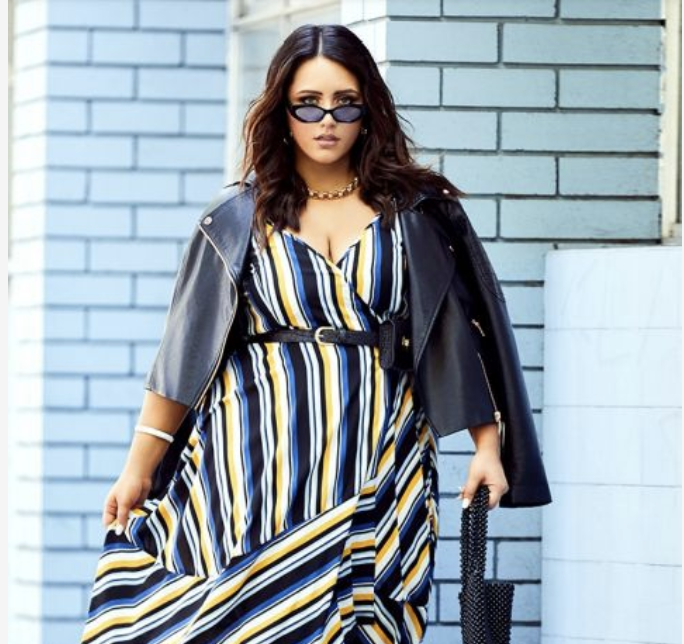
City Chic's customer-led framework helped it adapt to the casualised buying behaviour exhibited during the pandemic, the business has reported.
In its first half results, the business highlighted that its casual brand Avenue traded well in the US, while its customer-centric model allowed it to shift its local product mix to a more casual offering.
During the half, City Chic reported a 13.5% lift in sales revenue to $119 million.
CEO and MD Phil Ryan said that while the business was impacted by the pandemic, City Chic maintained its focus on servicing the plus-size market.
"Our diversified business across different brands and regions allowed us to navigate the pandemic and deliver earnings growth, despite our fashion and dress categories being impacted by lockdowns and restrictions.
"The more casual Avenue brand traded well in the US, and in Australia our customer-led model allowed us to quickly move to more casual product.
"We have not let the pandemic distract us from our focus on the plus-size market and digital growth through expanding the customer base globally," he said.
The Group's focus on global expansion throughout the half saw it welcome the UK brand Evans to its portfolio.
According to the report, City Chic continues to receive the benefit of a transitional services arrangement (TSA) in connection with the Evans eCommerce business, which is due to terminate at the end of April 2021.
A third-party logistics provider in the UK has been selected and the website build is progressing as scheduled.
At the end of the TSA, the Evans eCommerce business will move to the fully integrated City Chic Collective global eCommerce platform.
"I have followed Evans for over a decade, a brand that is very well known in the UK and one which aligns with our existing product streams," Ryan added.
"It is a perfect fit strategically, and with cash on the balance sheet and a good understanding of the brand, we were able to move quickly and acquire the business at good value.
"Over the last two years, we have more than doubled our global active customer base to 801,000 (56% YoY), increased online penetration from 40% to 73% and grown our northern hemisphere business from 16% to 45% of total sales.
"We now have three banner brands which have very strong brand recognition, customer loyalty and traffic in their respective home countries and we will leverage these platforms to sell all our brands around the globe," he said.
Meanwhile, the business benefitted from its other acquisition, Avenue, which contributed to a larger sales result out of the US.
US online websites (Avenue, City Chic USA and Hips and Curves) contributed sales of $45 million in H1 FY21 compared to $26 million in H1 FY20, driven by the expanded customer base from the Avenue acquisition.
Locally, City Chic reported that Australian and New Zealand comparable sales growth (CSG) was 19.4% (excluding Victorian store closures) and 30% growth for ANZ online.
Overall, City Chic reported comparable sales growth of 20.8% (excluding Victorian store closures) and 12.7% including the store closures.
The business delivered an underlying EBITDA of $23.3 million - a 21.8% increase compared to the first half in FY20.
City Chic's online sales jumped up 42% with online penetration up to 73%.
The business closed the half with net cash of $83 million and had 96 stores at the end of December after closing four stores during the half.
